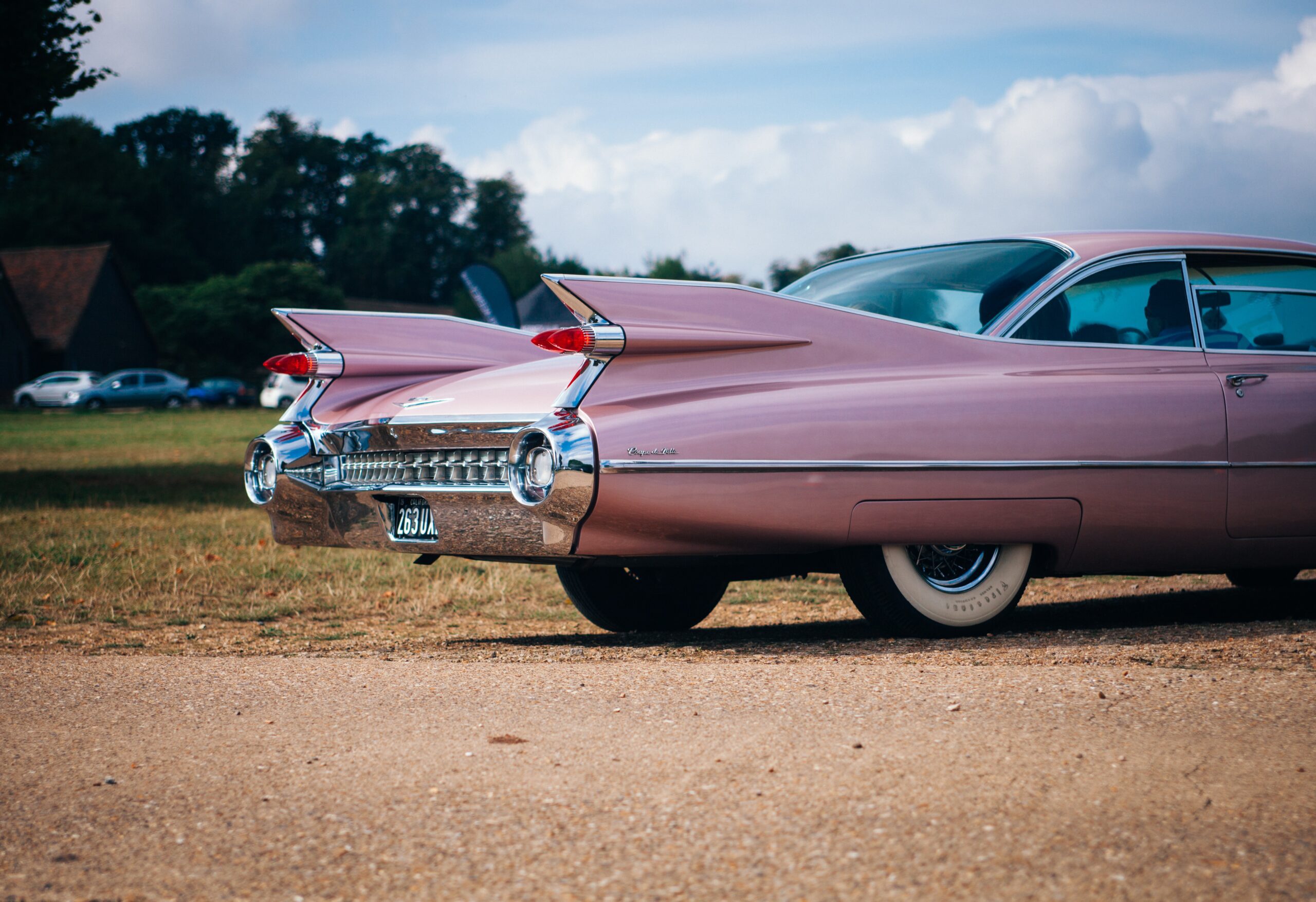What is a Classic Car?
Classic cars are usually categorized as:
- Antique Cars: Over 45 years old and preserved in original condition.
- Vintage Cars: Between 20 and 45 years old, may be restored or original.
- Classic Cars: At least 25 years old with historical or collectible value.
Special Insurance Needs for Classic Cars
Classic cars have special insurance needs:
- Agreed Value Coverage: You and the insurer agree on the car’s value beforehand. If the car is totaled, you receive this agreed amount, covering its true value.
- Limited Mileage: Since classic cars aren’t driven daily, many policies limit how many miles you can drive annually. This can lower your premiums.
- Expert Appraisals: Some insurers might ask for a professional appraisal to set the car’s value accurately.
Types of Coverage for Classic Cars
Here are the main types of insurance to consider:
- Liability Coverage: Covers costs if you’re at fault in an accident causing damage or injury to others. This is essential and often required by law.
- Comprehensive Coverage: Protects against non-collision-related damage, like theft, vandalism, and natural events.
- Collision Coverage: Pays for repairs to your car after an accident, regardless of fault.
- Uninsured/Underinsured Motorist Coverage: Covers your costs if the other driver in an accident lacks adequate insurance.
- Roadside Assistance: Provides help like towing and emergency services, useful for older cars.
Conclusion
Protecting your classic car with the right insurance is crucial. By understanding what makes classic car insurance different, you can ensure your beloved vehicle is well-protected.
Ready to insure your classic car? Contact us today for expert guidance tailored to your needs.







